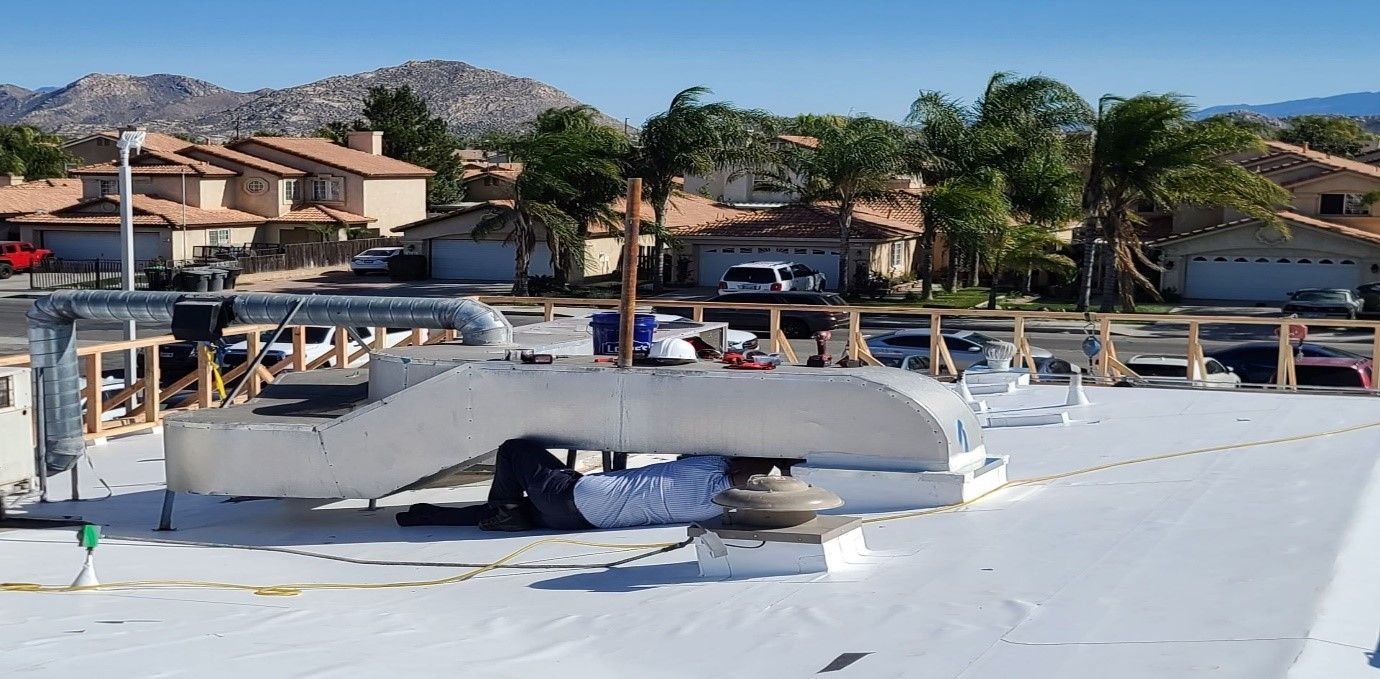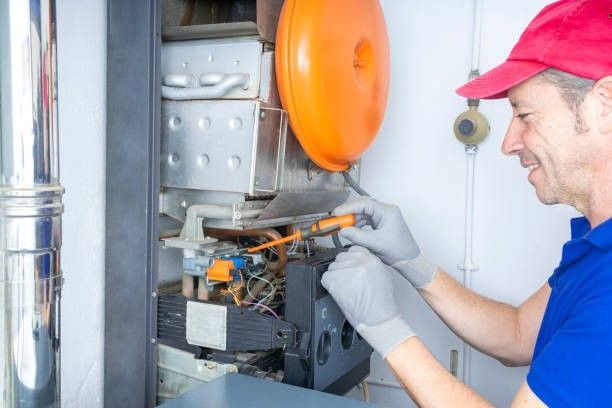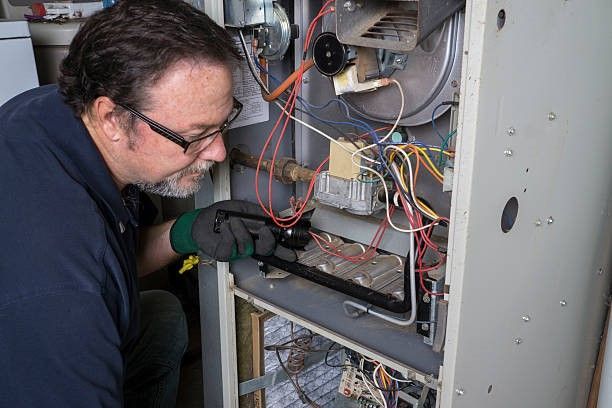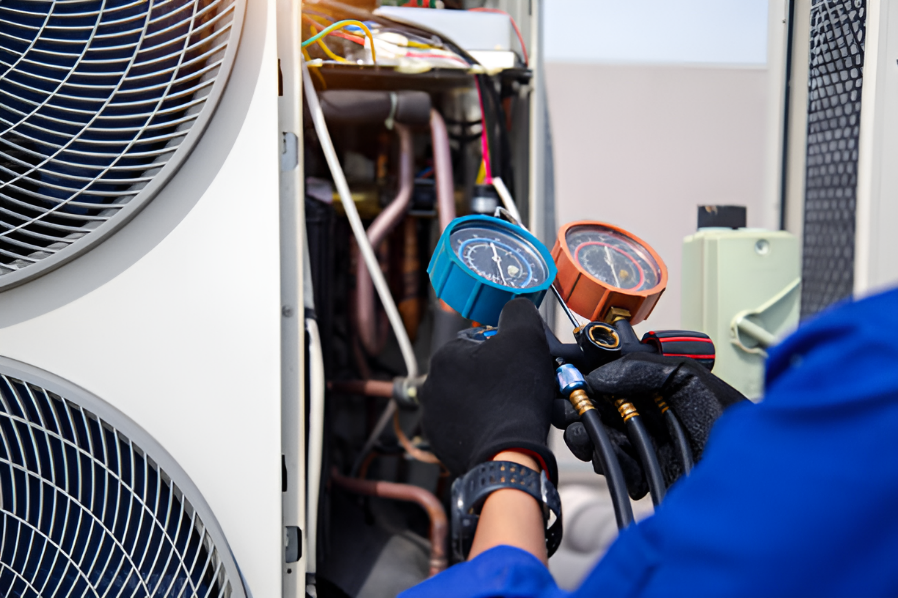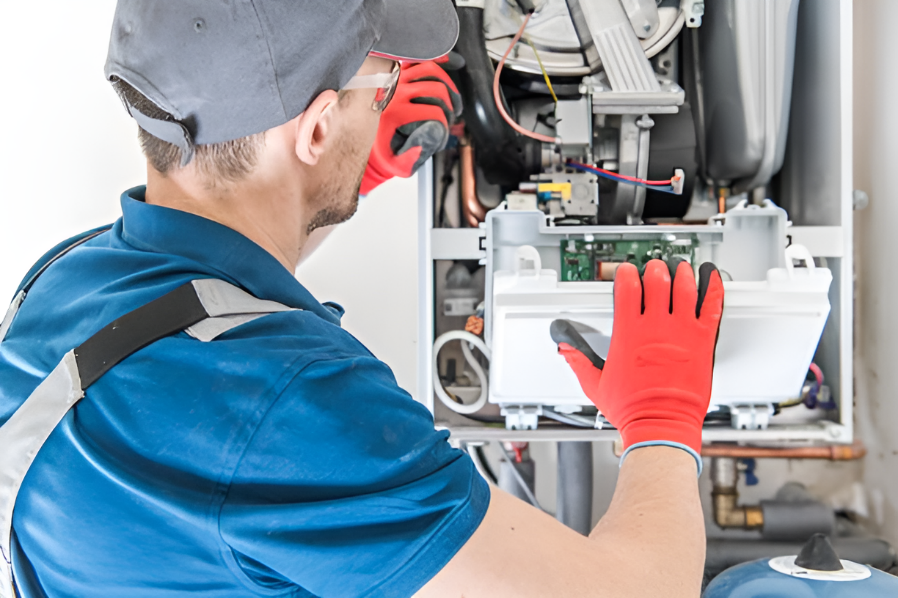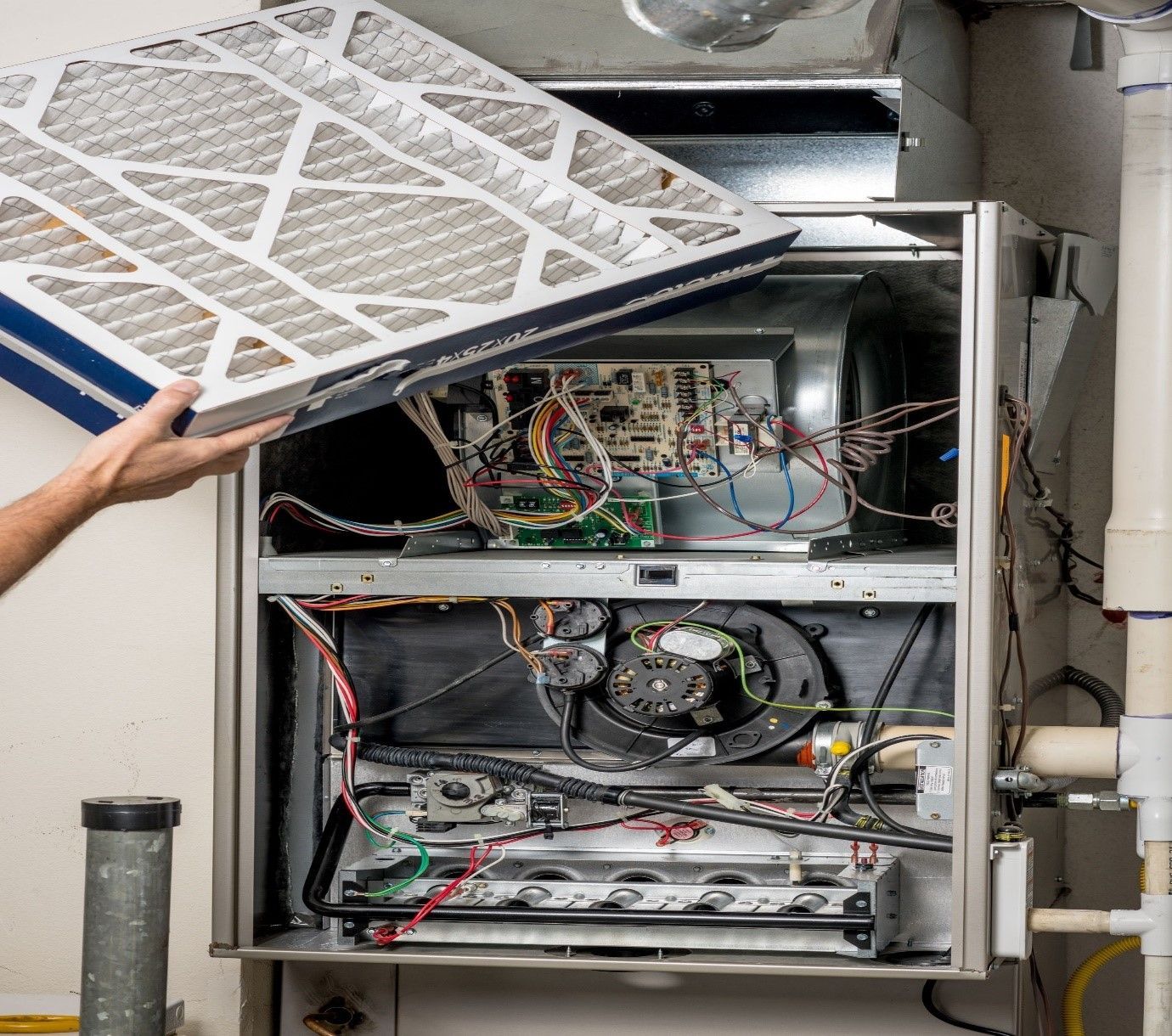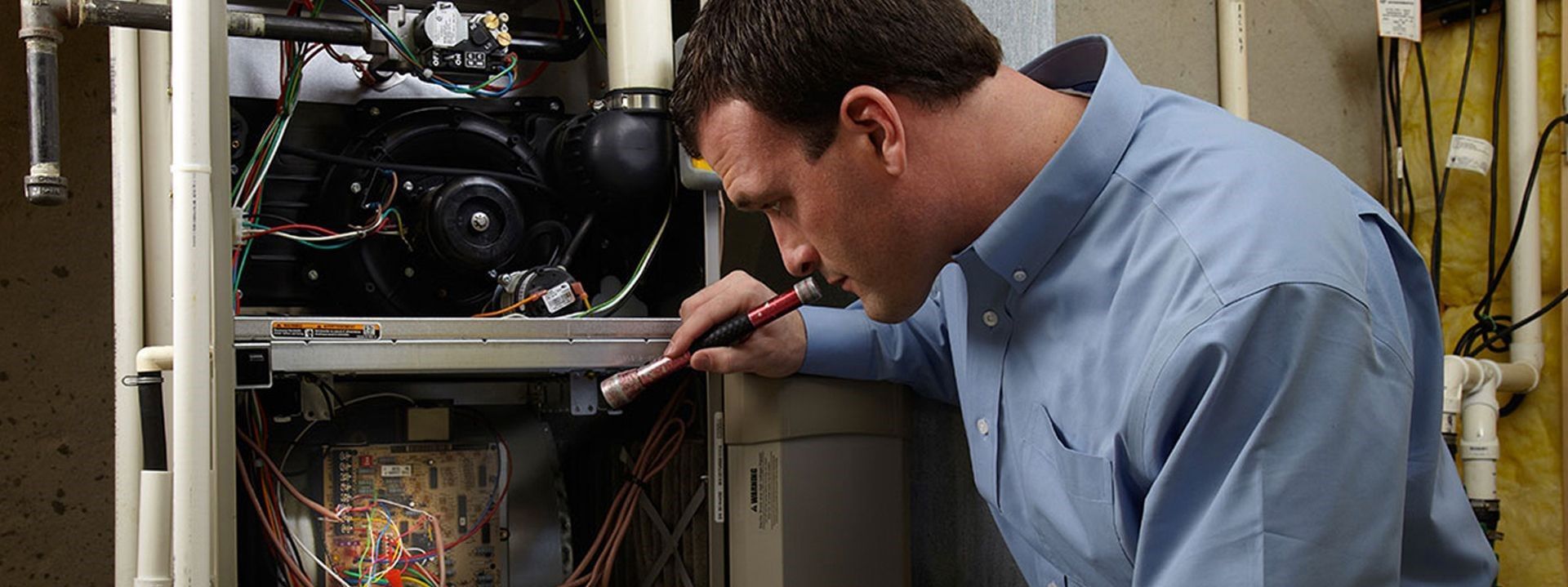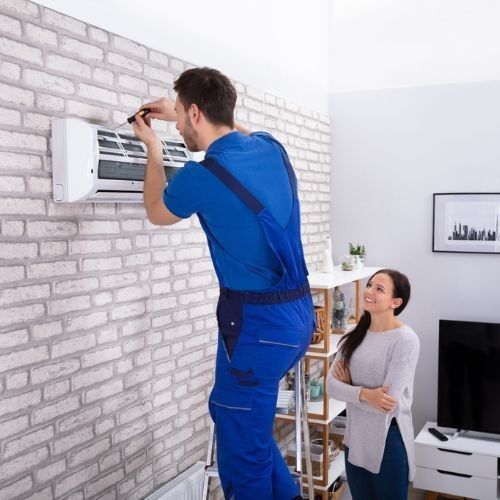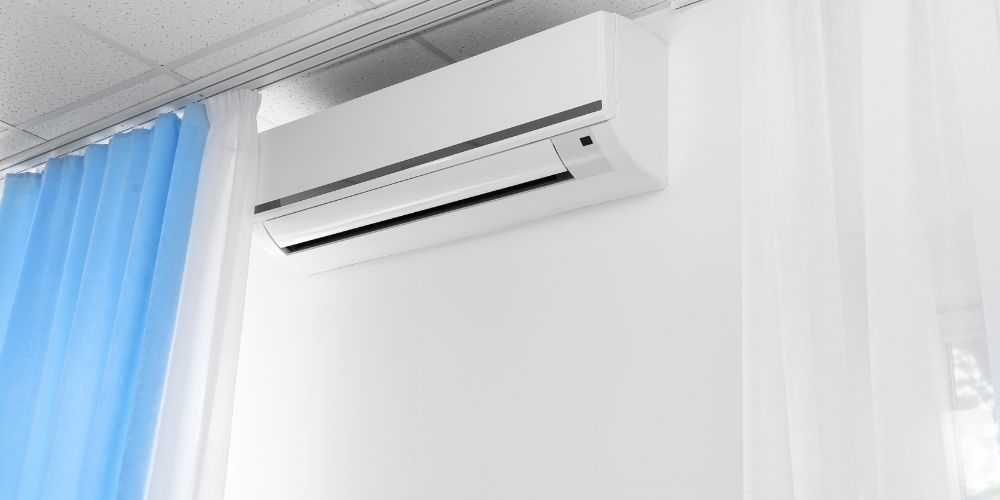Is a Gas Furnace Cheaper to Run Than Electric?
As the winter chill sets in, homeowners face a tough choice between an electric furnace vs gas. Yet, the decision is not solely about combating the cold; it is beyond the simple aim of staying warm, this decision involves a careful balance between managing energy costs and minimizing environmental impact.
So if you're gearing up for the upcoming cold, this guide will walk you through the ins and outs of heating systems. Specifically, the cost efficiency of electric heaters vs gas.
Overview of Heating Solutions
Residential heating systems are designed to keep our homes cozy, especially during the cold months. One popular choice is the residential furnace, best known for its efficiency and widespread applicability.
These furnaces use forced hot air to warm up our homes, circulating the heated air throughout. They can run on different fuel sources, like natural gas, propane, electricity, and more.
Common residential heating solutions include:
- Boilers
- Heat Pumps
- Electric Space Heaters
- Radiant Heating Systems
Electric Furnace vs Gas Furnace
Picking between an electric furnace and a gas furnace often involves factors such as comfort, cost, and operating preferences. Each type of furnace operates on different principles. Thus, one might suit certain clients more than the other.
How Does a Gas Furnace Operate?
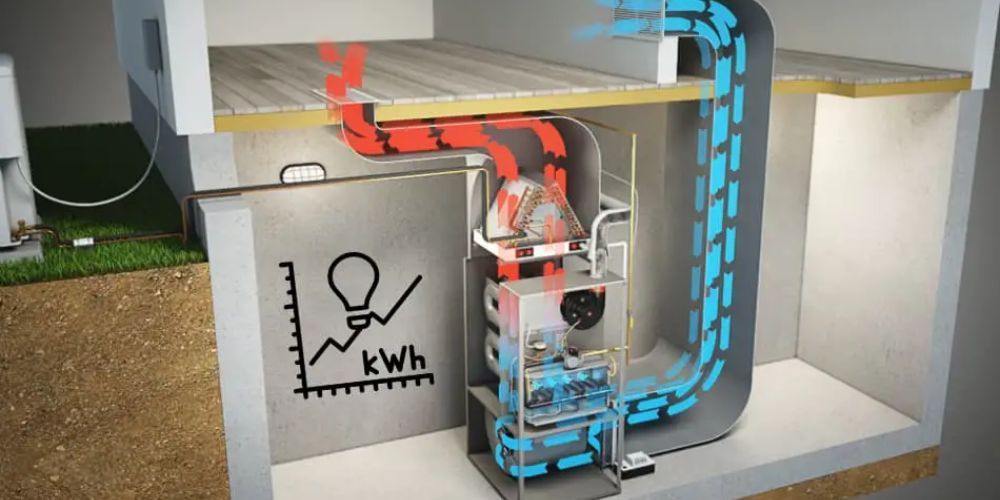
Gas furnaces generate heat by burning natural gas or propane. In simple terms, a burner ignites gas within a combustion chamber.
A heat exchanger then absorbs this heat and transfers it to the air circulating inside the furnace. A fan blows air over this hot exchanger, and the warm air is sent through ducts to different rooms.
Gas furnaces need a connection to a natural gas line and a flue for exhaust. The gas line links the furnace to your gas supply, while the flue makes sure any exhaust gasses leave your home safely.
How Does an Electric Furnace Operate?
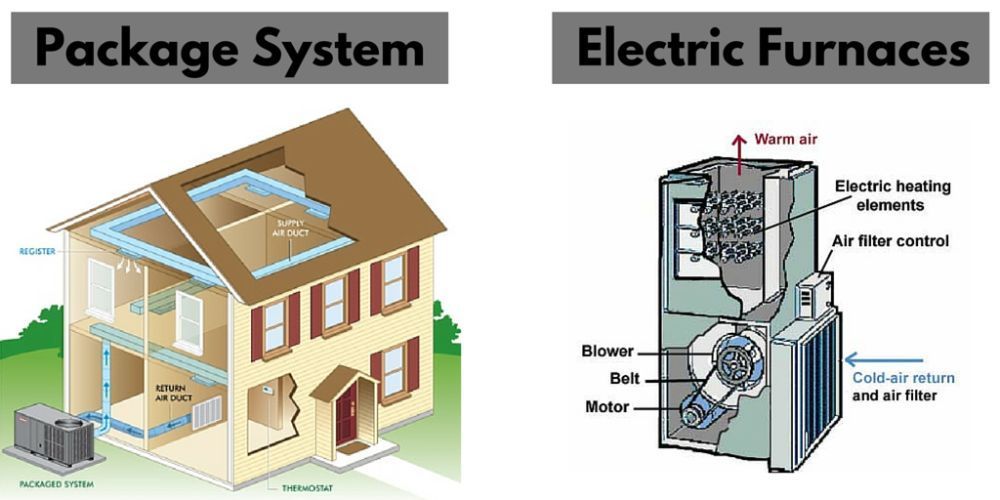
Source: original image
Electric furnaces operate differently – they use electricity to heat coils. When you want your home warmer, the thermostat sends an electric current through these coils, making the air warm. Then, a fan blows warm air through pipes to heat your home
These furnaces are known for being safe and quiet. Plus, they don't need a gas line or an exhaust pipe and you can put them wherever you like in your home.
Factors To Consider for Choosing Your Heating Partner
In terms of cost, there’s no one-size-fits-all heating system.
Careful financial consideration ensures that your system isn’t just comfortable but also economical and environmentally responsible.
Here are three cost factors to consider in a heating partner:
Upfront Installation Costs of Electric Heaters vs Gas Heaters
Electric furnaces present an initial advantage when it comes to purchase and installation costs. As of 2023, installing an electric furnace may cost around $3,000 on average. In comparison, the installation of a gas furnace tends to be pricier, averaging $4,300 or more, depending on the chosen brand.
While electric furnaces offer a budget-friendly entry point, gas furnaces often demonstrate lower operating costs over time. This cost balance is particularly notable when comparing heating bills
Consider consulting with local HVAC specialists to learn more about the costs of electric furnaces vs. gas in your area.
Utility Costs of Electric Furnaces vs Gas
Even though the upfront cost of a gas furnace might seem a bit high at first, it turns out to be a smarter choice in the long run because it significantly lowers your utility bills.
Here's an example: Imagine a family who switched from an electric to a gas furnace. Even though the gas furnace cost more to install, their yearly utility bills went down from $1,200 to $800, saving them a big $400 each year.
This just goes to show how important it is to think about the ongoing costs when picking a heating system.
Maintenance and Operating Lifespan of Gas Furnaces vs Electric
When it comes to HVAC maintenance, gas furnaces introduce considerations related to carbon monoxide output and potential risks as components age, with repairs often being more costly. In contrast, electric furnaces only require periodic maintenance and do not emit toxic gasses. Hence, electric furnaces are generally cheaper to maintain.
Both types of furnaces have an operational lifespan of 15-20 years, with regular maintenance recommended to ensure safety and extend longevity.
Gas Furnace Vs Electric: Final Thoughts
Picking the best heating system for your home means considering the initial cost, ongoing utility expenses, and maintenance. Electric heaters have a lower starting price, but gas heaters usually end up being more cost-effective in the long run, especially if you're aiming for long-term savings. However, if safety and simplicity are your priorities, electric heaters could be the right fit. For personalized guidance, installation, and repair services, reach out to
Rizzo HVAC.
All Rights Reserved | Rizzo Heating & Air Photos and Content Protected


